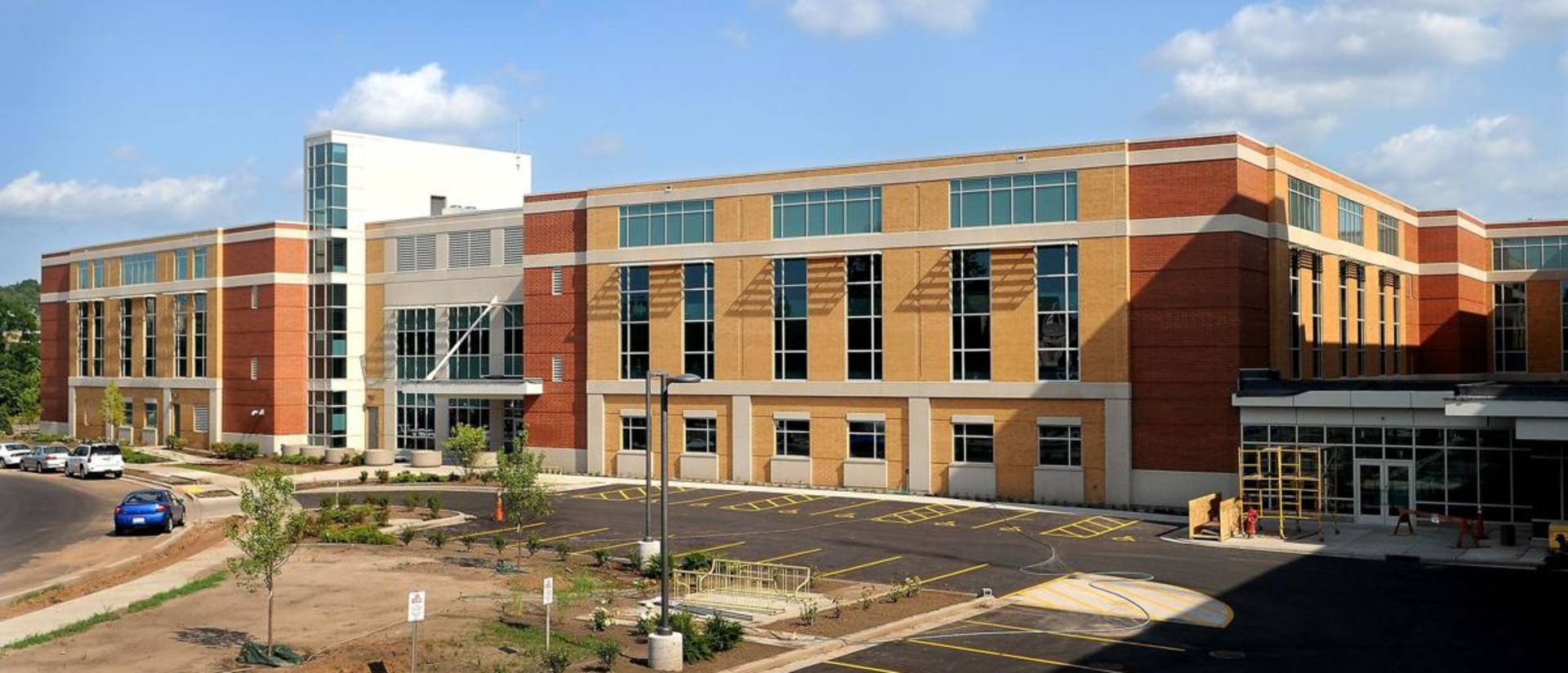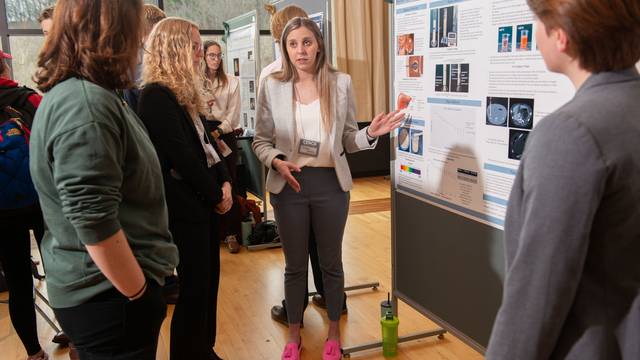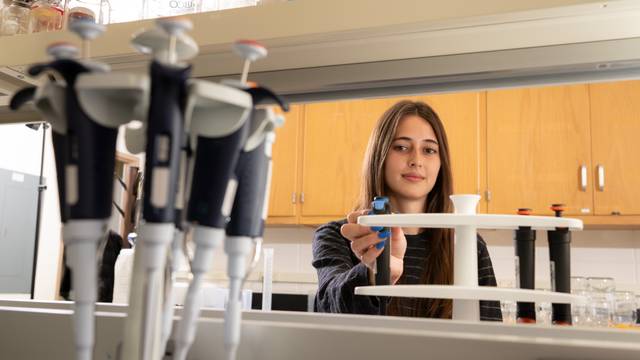No jail system in America is perfect, and our jails here in Eau Claire are certainly no exception. Dr. Ruth Cronje and her group of Honors students seek to address this community problem in their Datablitz project and its accompanying Honors course. They entered jails to interview inmates and collect relevant data that they then presented to community leaders in order to—hopefully—effect real change.
Through her work with community and citizen action groups—especially during her time as part of the Incarceration Justice Action Team—Dr. Ruth Cronje and her collaborators noticed great inequities and issues in the jail system concerning mental health, trauma, homelessness or housing insecurity, and a general lack of resources. For example, there is only one full-time psychologist for an over 100-person population, and there are no resources available for the necessary full diagnostic work-ups on these inmates. Not only that, but some 80-90% of incidents recorded on the police blotter are mental health crises rather than straightforward crimes. This statistic raises an important question: “should they be [in jail] or in a mental health facility getting help?,” in the words of Honors student Callie Vogel.
However, though these trends existed, there was no concrete data to show to lawmakers or councilmembers who had the power to make the necessary changes.
So, with a clear goal in mind—obtaining data to demonstrate the very real and present needs in the area jails—Dr. Cronje created an Honors course, one that has run for three semesters now. The course was experience-based—the students would enter the jails and interview inmates concerning their traumas, especially those from childhood, their housing and life circumstances, and mental health using the brief mental health screen. According to Dr. Cronje, students were the perfect population to conduct these interviews and gather this important information. “Students can collect data others cannot collect,” Dr. Cronje comments. “They are not in that power position... there’s not as much reason to lie to them.”
Throughout the last year and a half, dozens of students have worked with Dr. Cronje on this data collection, many of them semester after semester. “This project has been a big part of my college career... I’ve been doing this project for half of the time I’ve been at Eau Claire,” remarks student collaborator Christine Zielinski. These students run the gamut as far as majors and career aspirations go—one is studying criminal justice, another psychology, another is pre-med, one wants to go into ministry, etcetera—and all of them expressed the relevance and importance this experience has had in making them want to continue in these career paths and continue helping others. “It solidified my passion to pursue a career in medicine,” student researcher Callie Vogel notes. “People need to help others.” Callie’s desire to help and reaffirmed need to help those who need it was echoed by her fellow students.
For these students, the human connection was one of the most valuable parts of their research. Christine Zielinski states that “if you talk to anyone on our team, our favorite part... just sitting down and actually talking to these people... they are just people.” Moreover, they valued the community-building work they did. Natalie Lasinski, another student working on this initiative, declares that “being part of a community and working toward a common goal can be a really powerful thing.” She sees this project as a way to connect students further with their community and influence change and progress in that community.
“We were the change we wanted to see,” reflects Callie Vogel. In collecting this data and presenting it to community partners and stakeholders, such as city and county representatives and area health departments, these students and their mentor have been able to inspire tangible changes in county jails. After their first round of data collection, the Eau Claire County jail began giving a brief mental health screening to all individuals on intake. Additionally, jail staff are seeking out mental health training to better serve the needs of their prison population. Outside of the jails themselves, the team has used this data to make appeals to the city and county for more resources and budget to be allocated to these jails that so desperately need it—and they were successful.
“People really wanted to know this data,” observes Dr. Cronje, and she and her team have made this information as widely available as they can. Their report, written this past summer, and the community presentations they have done are central to this mission. “It was the most important part,” reflects Christine Zielinski, and her peers concur. Sharing the statistics and patterns they observed was important, but their humanizing efforts were just as—if not more—important. “These statistics are actual people,” asserts one of the student collaborators, Allison Schwarz, and it’s important to approach them with understanding and an open mind. This project, beyond its specific community contributions, is helping to change perspectives and inspire community building and understanding concerning incarceration and incarcerated persons. Allison notes that “these individuals want to be better, they don’t want to be in jail,” and “if they have a little more support, they can go far.”
Most recently, the team has brought the project full circle by bringing their data back into the jails and presenting it to the inmates. “It was really eye-opening for them,” Callie Vogel remembers, and recalls that they felt both grateful for and empowered by this information. Allison Schwarz explained this endeavor best: this project “gives people with lived experiences a voice to influence decision-makers.” Incarceration strips away many liberties and individual agency as a rule, and by allowing the inmates to get a fuller understanding of their own experiences and the system itself puts the power to advocate for themselves back into their hands.
Though Dr. Ruth Cronje, who took the lead on this initiative, is retiring at the end of this fall semester, the student collaborators are hopeful about its legacy both in the community and on campus. Student collaborator Natalie Lasinski declared that “with the Honors Program, we can find a way to continue,” and is hopeful about continued changes to the community. This team has gotten the ball rolling, but it’s up to those with community decision-making power to decide what to do with it. Though the students are sad to bring this project to a close, Christine Zielinski says it best: “if we stop it will force the communities to do something and take it upon themselves to step up.”



